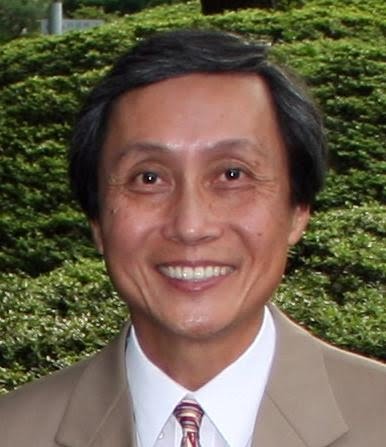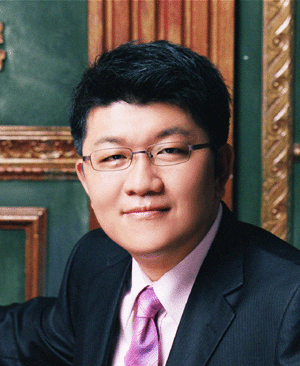
The WuKong project is to implement a flexible IoT engineering paradigm for adopting and integrating heterogeneous sensor devices in IoT applications. WuKong proposes a paradigm shift of implementing IoT applications top-down rather than bottom-up, i.e. users can design high-level flow-based programs using the collection of virtualized sensors, without knowing what specific physical devices may be present in a target system. The VM installed on each physical device is configurable by the Master node, which will select the best devices to use for an application, under user-defined policies for location and performance.
Project PI

Since 1997, Kwei-Jay Lin has been a Full Professor in the EECS Department at the University of California, Irvine. He is the Director of the Service Computing Lab. Before joining UC Irvine, he was an Associate Professor at the University of Illinois at Urbana-Champaign. His research areas include Machine-to-Machine(M2M), service-oriented systems, business informatics technology, real-time systems, distributed systems, and operating systems. Prof. Lin has been a fellow member of IEEE and an Editor-in-Chief of Service Oriented Computing and Applications (SOCA)(2006-present) and Software Publication Track, the Journal of Information Science and Engineering (JISE)(2005-present).

In February 2004, Professor Daniel Shih joined the Department of Computer Science and Information Engineering at National Taiwan University as an assistant professor. At the same time, Professor Daniel Shih joined the Real-time and Embedded Systems Lab, which was renamed to the NEWS Lab (Wireless Networking and Embedded Systems Lab.) In August 2008, Professor Daniel Shih was prompted to be an associate professor. Several of Professor Daniel Shih's research interests developed when Professor Daniel Shih was at Urbana-Champaign will continue. For instance, multi-dimension real-time resource allocation and real-time scheduling theory. In the meantime, I start investigating other emerging, interesting, and challenging research topics. At this moment, my research interests include real-time process scheduling, requirement assignment and determination, resource allocation, cyber-physical systems, streaming computation, and system integration.
Project Co-PI

Dr. Yu-Chung Wang joined the project when the project started in 2012. Dr. Yu-Chung Wang received his M.S. in Physics from National Taiwan Universitya and Ph.D. from University of California, Irvine. His research interest includes real-time operating systems and embedded Linux systems. Dr. Wang is now the CTO of HomeScenario Inc. and particpate several open source projects. Dr. Yu-Chung Wang joined the project when the project started in 2012. Dr. Wang was the main contributor for chdrv, which supports Chinese characters on Unix-like terminals. He also developed REDSonic Linux, which is an open source real-time linux.
Center Director

Jane Hsu is a professor and department chair of Computer Science and Information Engineering at National Taiwan University. Her research interests include multi-agent systems, intelligent data analysis, commonsense knowledge, and context-aware computing. Prof. Hsu is the director of the Intel-NTU Connected Context Computing Center, featuring global research collaboration among NTU, Intel, and the National Science Council of Taiwan. She serves on the editorial board of Journal of Information Science and Engineering (2010-), International Journal of Service Oriented Computing and Applications (Springer, 2007-2009) and Intelligent Data Analysis (Elsevier/IOS Press, 1997-2002). She is actively involved in many key international AI conferences as organizers and members of the program committee. In addition to serving as the President of Taiwanese Association for Artificial Intelligence (2013-2014), Prof. Hsu has been a member of AAAI, IEEE, ACM, Phi Tau Phi, and an executive committee member of the IEEE Technical Committee on E-Commerce (2000) and TAAI (2004-current).
Members



 WuKong - Intelligent Middleware for Internet-of-Things
WuKong - Intelligent Middleware for Internet-of-Things